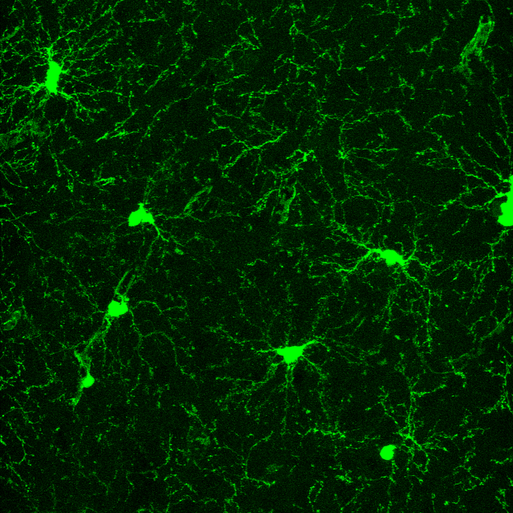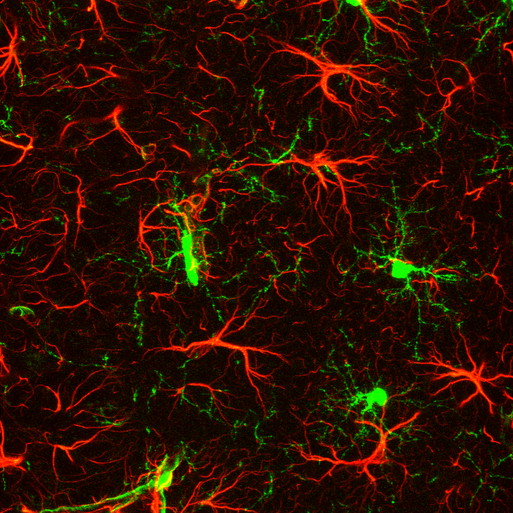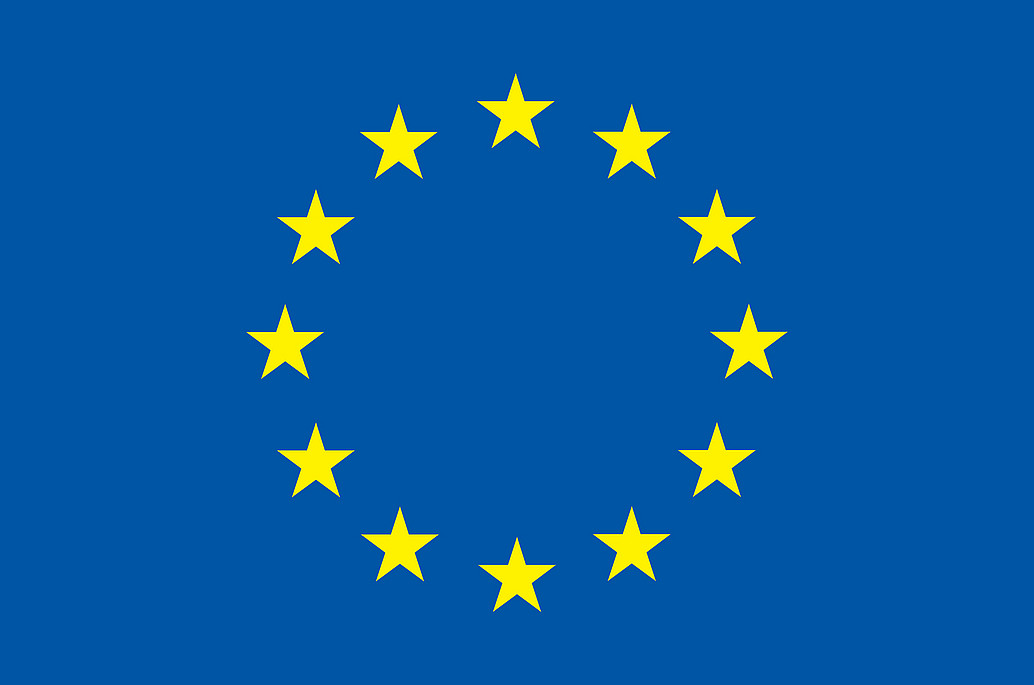
The NeuroKine Project: An Overview
Neuroinflammatory disease, in particular multiple sclerosis (MS), affects more than 700,000 people within Europe alone. European countries are at the forefront of neuroimmunological research and students in medicine and biology are greatly attracted by the field. Neuroimmunology research further impacts our understanding of the ethiopathology of other CNS-disorders including Alzheimer’s, Dementia and Morbus Parkinson.
The ability of inflammatory immune cells to cause tissue damage within the nervous system is largely governed by soluble mediators including cytokines/chemokines, cytolytic molecules and growth factors. The therapeutic targeting of such mediators has proven successful for the treatment of a number of inflammatory diseases, yet is failing for the treatment of neuroinflammatory disorders. Clearly, the rules and regulatory elements, which govern inflammation and tissue injury within the CNS, differ significantly from those of other tissues and a unique CNS-focused research approach to unravel these rules is required.
The ability of inflammatory immune cells to cause tissue damage within the nervous system is largely governed by soluble mediators including cytokines/chemokines, cytolytic molecules and growth factors. The therapeutic targeting of such mediators has proven successful for the treatment of a number of inflammatory diseases, yet is failing for the treatment of neuroinflammatory disorders. Clearly, the rules and regulatory elements, which govern inflammation and tissue injury within the CNS, differ significantly from those of other tissues and a unique CNS-focused research approach to unravel these rules is required.
In this ITN project, we are training Early Stage Researchers (ESRs) specifically in Neuroimmunology by combining prominent laboratories in academia and industry on the task to study the communication networks between immune and CNS-resident cells.
Scientifically, we focus in particular on the soluble factors mediating cell-cell communication at the immune-CNS interface. To this end, we combine expertise in molecular and cellular Neuroimmunology with Neuropathology of human and animal models of CNS inflammation. In addition, our goal is to further utilize inflammatory processes for neuroprotection.
This research pillar is combined with a training network enabling students to enrol into laboratory rotations, teaching workshops and annual symposia dedicated to Neuroimmunology. This third pillar is to expose ESRs to the translational and industrial aspects of Neuroimmunology research. The latter will be achieved by rotations in clinical settings and the private sector.
To combine these three pillars, we have recruited eleven partners from academia and industry from 8 different countries within the EU. Rather than a diffuse and broadly spread area of expertise, our ITN consortium presents a well-focused group of members with a defined scope and highly interactive research and training program.
Scientifically, we focus in particular on the soluble factors mediating cell-cell communication at the immune-CNS interface. To this end, we combine expertise in molecular and cellular Neuroimmunology with Neuropathology of human and animal models of CNS inflammation. In addition, our goal is to further utilize inflammatory processes for neuroprotection.
This research pillar is combined with a training network enabling students to enrol into laboratory rotations, teaching workshops and annual symposia dedicated to Neuroimmunology. This third pillar is to expose ESRs to the translational and industrial aspects of Neuroimmunology research. The latter will be achieved by rotations in clinical settings and the private sector.
To combine these three pillars, we have recruited eleven partners from academia and industry from 8 different countries within the EU. Rather than a diffuse and broadly spread area of expertise, our ITN consortium presents a well-focused group of members with a defined scope and highly interactive research and training program.


